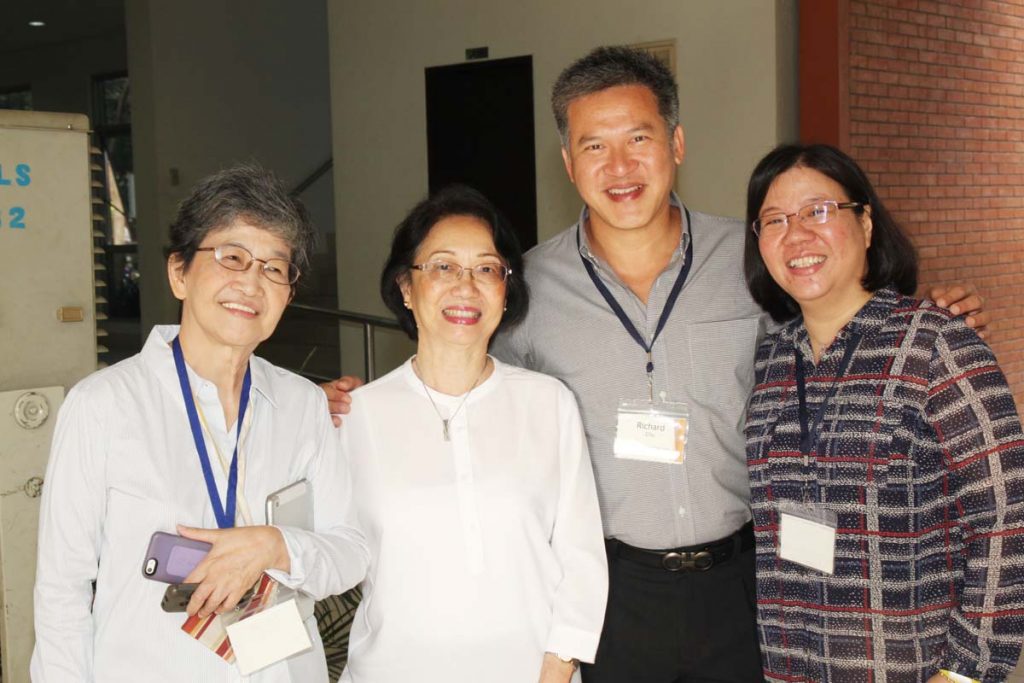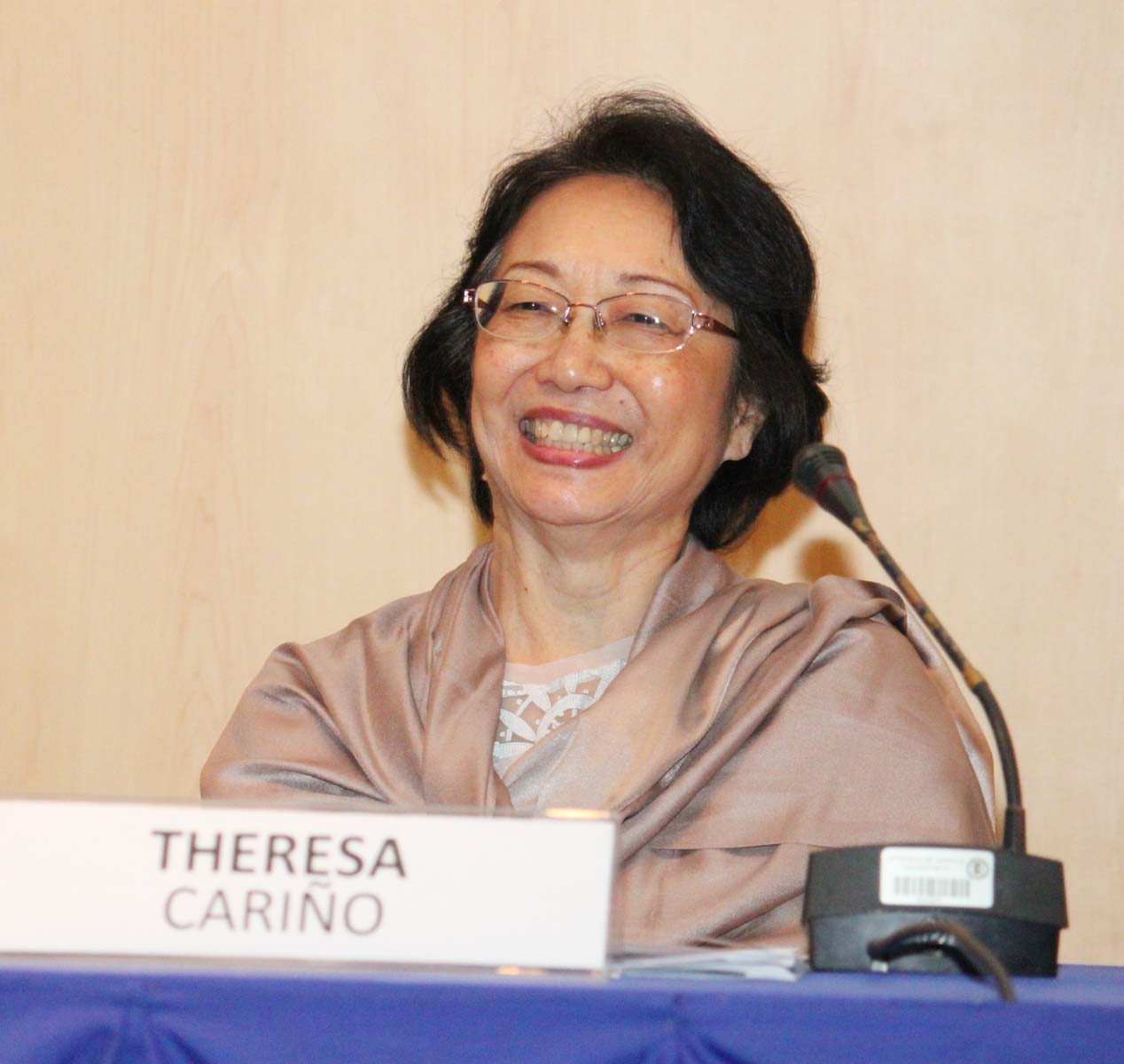First published in Tulay Monthly, Chinese-Filipino Digest 1, no. 4 (September 11, 1988): 10.
Part II
As a result of higher education and closer contact with Filipino and Western values, younger generations of ethnic Chinese women have rising expectations of sexual equality.
Unlike their mothers, they complain today of sexual discrimination outside of the home such as in school and in workplaces. Apparently, Chinese women are less articulate or less conscious about sexual discrimination in the home and family.
Yet, this is where numerous constraints still exist to limit their social and economic freedom.
Under Philippine laws, women enjoy equal inheritance rights, but such legal rights may not necessarily be translated into practice among the Chinese.
This is especially true in business where it is extremely unusual for a woman to inherit equal shares with her brothers and even rarer for her to inherit ant enterprise ahead of her brothers.
Marriage is another area where traditional values and male domination are being eroded but far from eliminated. Chinese women are now marrying at a later age.
Many college-educated Chinese women believe that they have more freedom today in determining their choice of marriage partners but a modified version of the traditional “arranged marriage” is still widely practiced.
This is the so-called “introduction” system whereby a third party or “matchmaker” introduces a man and a woman, prodding them to test their compatibility in a steady relationship. Of course, it is stressed that the final decision rests with the couple. Family approval, nevertheless, is most important.
This has created tremendous emotional tensions and heartaches for younger generation Chinese who come into frequent contact with non-Chinese Filipinos and Filipinas but are strongly advised against intermarriage by their parents.
This is particularly true among the middle class and wealthier Chinese who prefer their children to marry among ethnic Chinese and those belonging to the same socio-economic class.

Few of the younger generation would defy their parents’ judgment in choosing their marriage partners, least of all the women.
One evidence of this deference to parental control is the fact that most ethnic Chinese women would never consider marrying outside of the Chinese community. When and if they do, they are often marginalized in the community.
Parental control usually extends beyond marriage but here, the Chinese woman is expected to owe complete allegiance to her husband’s family.
The woman symbolically severs her ties with her own family after marriage. She has no further claims to the family wealth.
Within her husband’s family, a woman’s status depends on a number of factors. Naturally, a large dowry enables her to command greater respect from her in-laws.
Good health and fertility are equally important factors. Those bearing sons definitely enjoy a higher status than those unable to produce male heirs to the family line.
Unfortunately, even the women themselves concede that a man can divorce his wife if she proved infertile. Male impotence, on the other hand, is not regarded as valid grounds for divorce.
It is evident that family relationships and marriage practices still reflect a highly patriarchal orientation in Chinese families. Thus, in spite of their growing economic freedom, ethnic Chinese women are still relatively submissive within the family. Professional women and business executives who were interviewed perceived themselves as only earning a “supplemental income.”
Despite their increasing participation in non-domestic occupations, they regard their husbands or the men as essentially the breadwinners. Their careers are considered sub-ordinate to their marriage and family obligations.
The domestic realm is treated primarily as a female domain and working women are still expected to supervise and manage household affairs – the classical double burden.
Thus, despite their growing economic independence, ethnic Chinese women are still extremely family-centric. Professionals and businesswomen stress that their primary duty to the family and therefore seek occupations that will allow them to combine work and fulfilling family obligations.
This may be one reason why few working women are involved in community affairs. Few Chinese women would claim an active role as community leader — leadership in the local Chinese community remains very much an exclusive male preserve. On this score, the women will have to overcome their own aversion to politics in order to initiate changes.
The author is founding member and former president of the Philippine Association for Chinese Studies (PACS).
